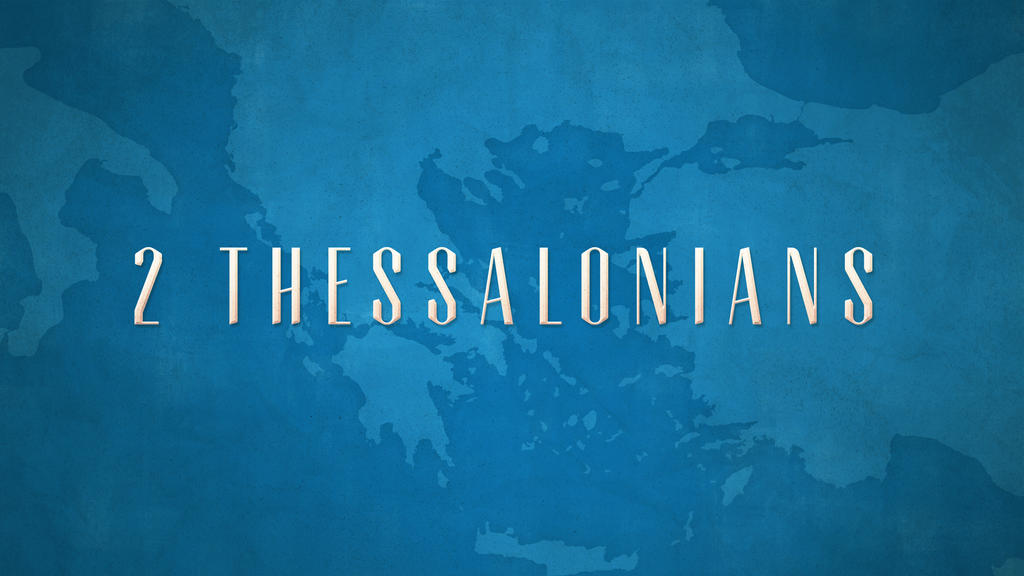“Rejoiceth not in iniquity, but rejoiceth in the truth; Beareth all things, believeth all things, hopeth all things, endureth all things.” -1 Corinthians 13: 6-7
In these verses, the Apostle Paul provides a profound and timeless insight into the nature of true Christian love. This passage is part of the famous “Love Chapter,” which delineates the characteristics of love in its purest form.
Rejoiceth not in iniquity, but rejoiceth in the truth; True love finds no pleasure in unrighteousness or injustice. It does not delight in the downfall or moral failures of others but celebrates the triumph of truth. In a world often filled with deception and malice, Christian love stands as a beacon of integrity, rejoicing in honesty, transparency, and righteousness.
Beareth all things, believeth all things, hopeth all things, endureth all things. Here, Paul emphasizes the resilient and unwavering nature of love. Love “beareth all things,” meaning it is willing to endure hardships and challenges. It “believeth all things,” which speaks to the trust and faith that love instills, always giving the benefit of the doubt. “Hopeth all things” points to love’s optimistic and forward-looking nature, always anticipating good and remaining positive. Lastly, love “endureth all things,” showcasing its strength and perseverance even in the face of trials.
Reflective Questions:
- How can we actively ensure that our love for others is grounded in truth and not in unrighteousness?
- In what ways can we demonstrate a love that bears, believes, hopes, and endures through the challenges of everyday life?
- How do these attributes of love challenge our current understanding and practice of love within our relationships?
Moral Thoughts and Christian Beliefs: As followers of Christ, we are called to embody this selfless and resilient love in our daily interactions. Our love must mirror the love of Christ, who bore our sins, believed in our redemption, hoped for our salvation, and endured the cross for our sake. This passage calls us to a higher standard of love—one that is not fleeting or conditional but is steadfast and eternal.
Prayer:
“Heavenly Father, thank You for the gift of Your unfailing love, as demonstrated through Your Son, Jesus Christ. Help us to embody the love described in 1 Corinthians 13:6-7. Guide us to rejoice in the truth and to love others selflessly and with enduring faith. May our love reflect Your divine nature, bearing all things, believing all things, hoping all things, and enduring all things. Strengthen our hearts to love as You love, bringing light and hope to those around us. In Jesus’ name, we pray. Amen.”













